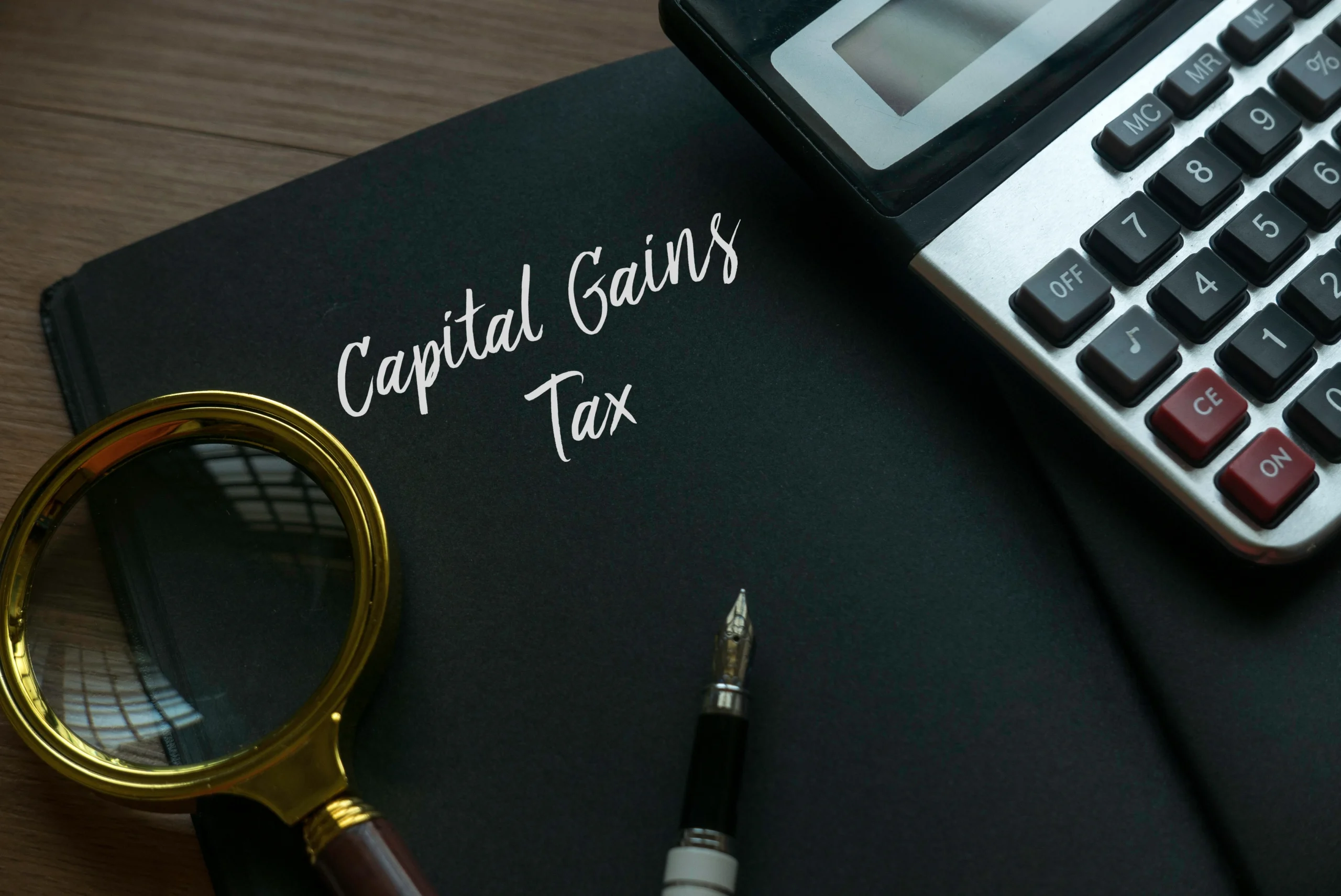Congratulations! You’ve just sold your house for a tidy profit. Now what? Depending on how long you’ve owned the property, and how you’ve used it, you may be liable for capital gains tax (CGT). Don’t worry – we’re here to help. In this article, we’ll break down everything you need to know about CGT, including how to calculate it and what exemptions may apply. Let’s get started!
What is capital gains tax?
CGT was first introduced in 1985 by the Australian Labor Government as a way to redress the discrepancy between how wealth and income were taxed so as to make Australia’s tax system fairer. By way of definition, capital gains tax is a levy on the profit you make when you sell an asset. The main types of assets that are subject to CGT are shares, managed fund investments and – as we’ll be focusing on today – property.
When do I have to pay capital gains tax?
You only have to pay CGT if you make a capital gain when you dispose of an asset. A capital gain is the difference between what you paid for your asset and what you sold it for. If you make a capital loss, however, you can use this to offset any capital gains you made in that financial year or carry it forward to offset gains made in future years. Whilst we’re on the topic, it’s important to note that you only pay CGT on the portion of the asset’s sale price that is considered a capital gain.
How do I calculate my capital gains tax?
In the first place, it is critical to realise that the profit/loss from your sale of an investment is included in your taxable income. Calculating your CGT liability is relatively simple. First, you add up all your capital gains for the financial year. Then, you deduct any capital losses, including any CGT-free or exempt items like assets acquired before 20 September 1985. Finally, you apply your marginal income tax rate to the net capital gain. This will give you your CGT liability for the financial year.
What exemptions or offsets apply?
Here are some common CGT exemptions and offsets that may apply to your situation:
1. The main residence exemption
If you sell your home, you may be eligible for the main residence exemption. This means that you won’t have to pay CGT on any capital gain you make from the sale.
2. Six (6) year rule
If you lived in a property and then it became an investment property you may still be eligible for the Main Resident Exemption if its sold within 6 years and no other property has been declared your principal residence in that time.
3. 50% CGT discount
If you’ve owned your asset for more than 12 months, you may be eligible for the 50% CGT discount. This means that you only pay tax on half of your capital gain, less any other capital losses you may have available.
4. Small business concessions
If you sell a business or assets used in a business, you may be eligible for small business concessions. These can significantly reduce the amount of tax you have to pay on your capital gain. More about business than personal finance but still worth noting.
How can I reduce my CGT liability?
There are a number of strategies you can use to minimize your capital gain tax bill. One common tactic is to delay selling your asset until after you’ve held it for 12 months, as this will make you eligible for the 50% discount on total capital gains (as we mentioned above). You might also consider making concessional super contributions to your super fund, and even taking advantage of the current ‘bring forward rule’ to make additional contributions above the annual threshold to help reduce your tax bill.
There are also a number of expenses you can deduct from your capital gain, which includes:
- agents’ commission and advertising costs
- legal fees
- loan establishment fees (if you have a mortgage)
- capital improvements made to the property (but not normal repairs).
Property investors can also take advantage of depreciation deductions. By claiming depreciation on the plant and equipment items in your investment property, such as air conditioners, hot water systems, and carpets, you can reduce the amount of tax you have to pay on your capital gain.
Final thoughts
We hope this quick guide has helped you better understand capital gains tax and how it applies to the sale of your home. Remember, understanding the capital gains tax rate and rules can be complex. Luckily, TaxTank is here to help. With a built-in capital gains tax calculator, our Property Tank can help you work out your exact tax liability and save you the headache. Plus, TaxTank offers a suite of tools to minimise the tax you pay.
With TaxTank’s live bank feeds, you can be sure no tax deduction will be missed and our automatic forecasting will help you plan for tax time, so you’re never caught off guard.
TaxTank makes it easy for property investors to see their projected income and expenses, plus forecasted equity and property growth. You can also share data and documents with your accountant or property co-owners.
When you sell property, capital gains taxation is par for the course. But with TaxTank by your side, you can be sure you’re getting the most out of your sale. Why not try TaxTank for a free 14-day trial and start feeling more confident about your tax position? It’ll transform the way you think about tax!





